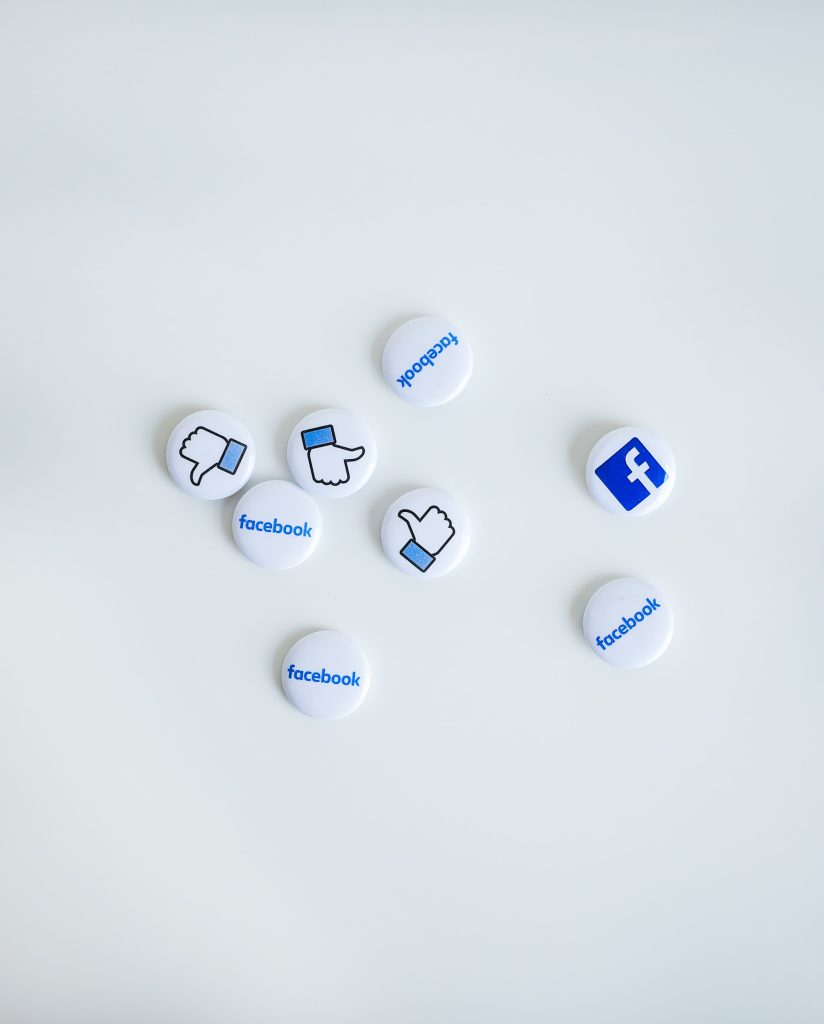
Ellie Matthews
With this year’s election being perhaps one of the most controversial in a long time, people often wonder how election integrity can be upheld in a world where we are constantly being targeted by advertisers.
Facebook, Instagram, and Twitter are regularly flooded with both important political ads, and fake news. Social media has a huge influence on our lifestyles, but what place does it have when it comes to politics?
In the last week alone Kylie Jenner was able to drive more Americans to register to vote with a simple bikini picture on Instagram. “48k users came to the registration verification tool Monday from Instagram, out of a total of 319k users that used the tool on the Vote.org site,” said a spokesperson for Vote.org according to The Independent. This translated into a 1500% increase in use via Instagram and an over 80% increase in total users of the voter verification tool from the previous day. A very positive change, yes, but it also exposes the dangerous power social media has.
What is election integrity?
Election integrity describes the international standards that govern the appropriate conduct for elections. Though there is no official description of these norms, there are general practises that most democratic countries follow. For example, Tana Mongeau (an internet personality) offering explicit pictures in return for her followers voting for Joe Biden is one recent example of electoral fraud.
So, what is Facebook doing to help?
Mark Zuckerberg, Facebook Co-founder and CEO, released a statement on September 3rd in regards to Facebook’s new and improved approach to election integrity. Below are some of the key points made in this statement
- Voting information
Facebook (from here on referred to as FB), is already running the largest voting information campaign in American History. Their goal is to help 4 million people register to vote, and then actually vote. 3 days in and almost 24 million clicks to voter registration websites were logged internally.
Both FB and Instagram are now putting a “Voting Information Center” filled with “authoritative information” about voting. This will include tutorials on how to vote by mail, deadlines for local states, and other important information that is often overlooked.
FB is also now partnering with Reuters and the National Election Pool to give users accurate information about election results in their Voting Information Centre, and will also aim to proactively notify people when results become available.
- False Information
Election officials have been consulted in order to take down any false information posted about voting. This has already been extended from the usual 72hr window. The explicitly wrong voting information removal policy has also been extended to implicitly wrong information too. So saying “you can wait to vote up to 3 days after Election Day” is explicitly wrong, whereas saying “I hear anybody with a driver’s license gets a ballot this year” is implicitly wrong as it suggests you need a driver’s license to vote. By extending this policy, more subtle misinformation will also be removed from the site.
FB are also removing posts claiming if you vote in person you’ll contract COVID-19, as this is plainly false. Along with this they will also post links to authoritative information about COVID-19 on posts spreading such misinformation.
- Ad ban
FB has now banned any NEW political ads in the week before the election. This allows FB enough time to debunk any false claims, and it also prevents any deceptive tactics that may be used in the last few days of voting. All ads are also posted to FB’s official Ads Library. This means that anyone can scrutinize them at will.
- External groups and Organizations
Coordinated online efforts to interfere in elections by foreign governments and individuals have also been spotted by FB. Recently a network of 13 accounts and 2 pages were removed from the site that were attempting to mislead American citizens and amplify divisions. There has now been even further investment made into FB’s security systems and teams to try to prevent these attacks.
“We’ve already strengthened our enforcement against militias, conspiracy networks like QAnon, and other groups that could be used to organize violence or civil unrest in the period after the elections. We have already removed thousands of these groups and removed even more from being included in our recommendations and search results. We will continue to ramp up enforcement against these groups over the coming weeks.” – Mark Zuckerberg
Will it actually work?
Whilst a well-written statement from Mark Zuckerberg is nice to read, we have to wonder, will any of this actually translate into upholding a better election integrity?
Targeted advertising still exists as a function on FB, giving rise to pages and groups that essentially act as echo chambers. Whilst the original ad may have been fair, the misinformation often spread within these groups can lead to furthering extreme untrue views. These groups are often more harmful than a single untrue statement.
Facebook reviewing its policies on ads, information, and misinformation has given me hope for an unbiased social media in the future. For now, I think there is still a long way to go.
